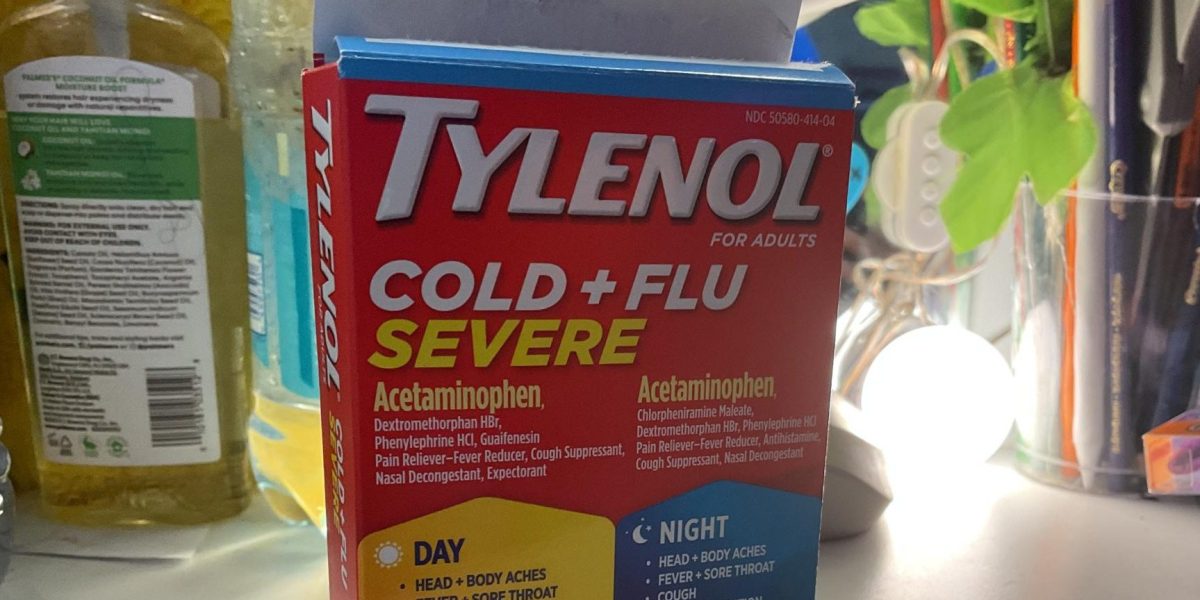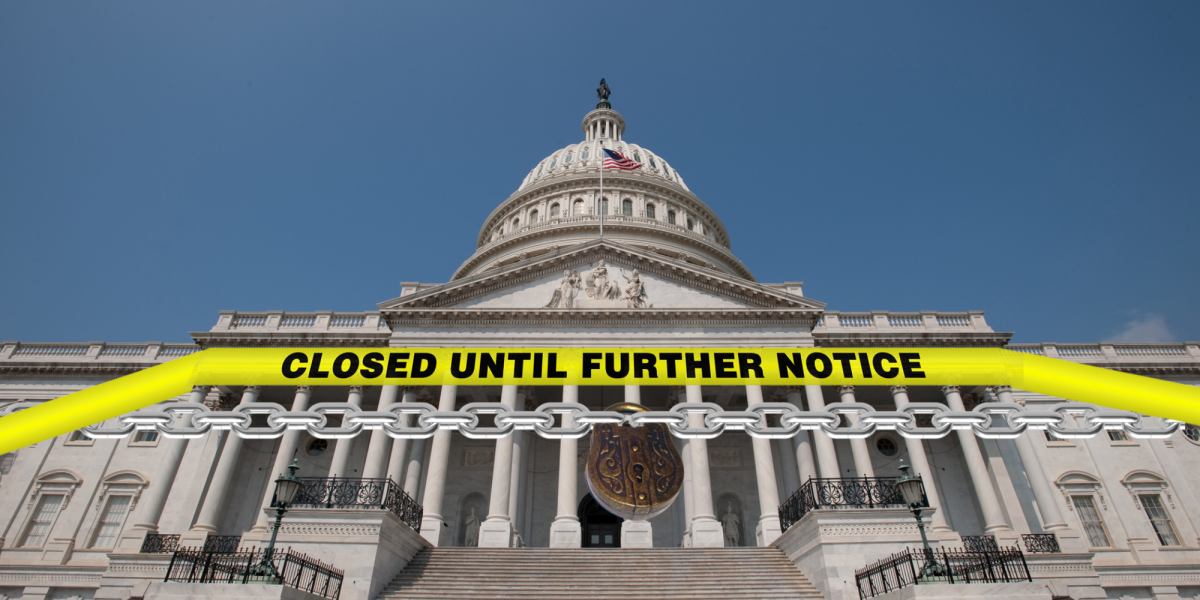Happy New Year! The most exciting aspect of a new year is all the change that January 1 brings. Countless people all over the world make resolutions to better themselves in the coming year. Several new works enter the public domain with the new year: this January 1 sees copyright protections expire on novels The Maltese Falcon and A Farewell to Arms, films The Wild Party and The Skeleton Dance, songs “Singin’ in the Rain” and “Tiptoe Through the Tulips,” and Popeye the Sailor (as long as he doesn’t eat spinach).
And in Colorado, the new year means new laws.
The Colorado General Assembly gathers to make and argue new laws starting on the second Wednesday in January. They then meet for 120 days (excluding holidays and weekends) at 10:00 a.m. every Monday and 9:00 a.m. every Tuesday through Friday. This year, their regular session is planned to run from January 8 to May 12 (unless the session is extended), and the laws they pass that are then signed by the governor tend to go into effect on either July 1 or the following January 1. So for Colorado, New Year’s Day is also New Laws Day.
Here are twelve new laws that go into effect today that are likely to affect students and families at Frederick High:
 SB24-065: No driving while using a cell phone
SB24-065: No driving while using a cell phone
Starting on January 1, 2025, it is illegal in the state of Colorado to use a cellphone while driving. The law currently in place prohibits this for those under 18 years of age, but on the first of January, it will affect people above 18 as well. Anyone breaking this law receives a $75 fine and 2 license suspension points. For a second offense within 24 months of the first, the fine increases to $150 and 3 more license suspension points. The third offense calls for $250 and 4 suspension points. First responders, people using their phones during an emergency, and contractors or technicians responding to utility emergencies are exempt from the new law.
 HB 24-1055: Booster seats until nine
HB 24-1055: Booster seats until nine
Teens that drive around their siblings need to be aware that the laws that require young children to have car seats have changed. This law would increase the age at which children are required to use a booster seat from age 8 to age 9. This also changes the age and weight limit for children required to be restrained in a rear-facing/forward-facing restraint system such as a car seat from under one year of age to under 2 years of age, and for weight, under 20 pounds to under 40 pounds.
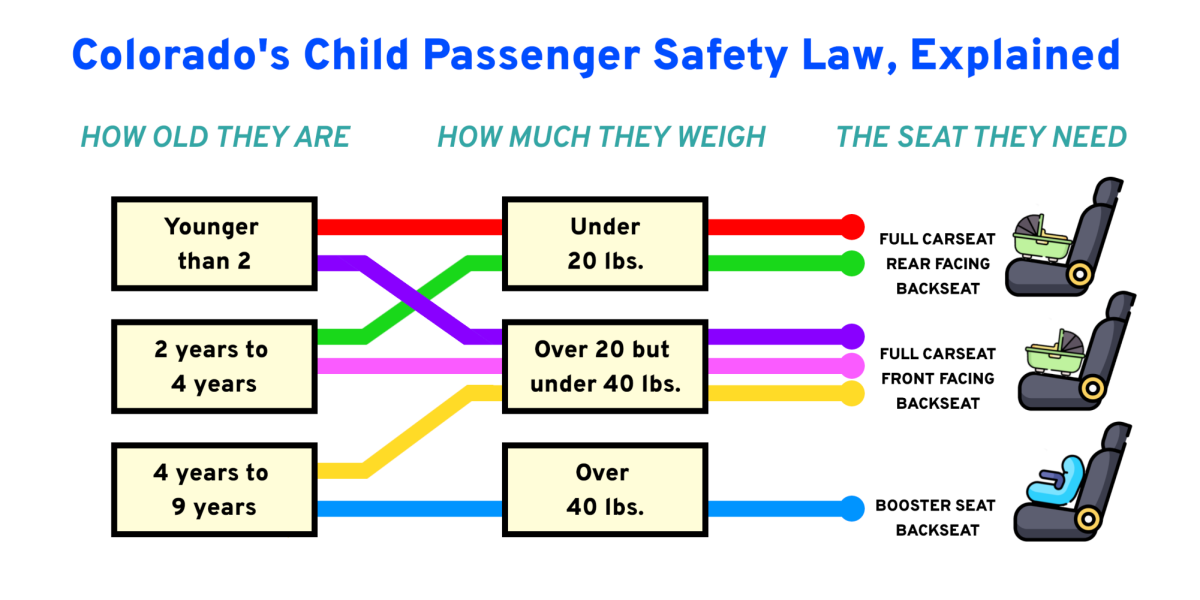
 HB 24-1055 AGAIN: No seat belt penalties increase
HB 24-1055 AGAIN: No seat belt penalties increase
The same law that addresses car seats also addresses older children. The “click it or ticket” laws requiring seat belts currently result in the driver getting a $71 dollar ticket at minimum for everyone not wearing a seatbelt inside the car unless one of the people is a child that is “improperly restrained” and not wearing a seatbelt or in the correct carseat—then, the minimum fine goes up to $82. The law changes the definition of improperly restrained child from anyone under 16 to anyone under 18 and can include the driver themselves. Teens can also be pulled over solely because of a seatbelt violation and can get points on their license for a seatbelt violation.
 HB 24-1348: Gun cases required in cars
HB 24-1348: Gun cases required in cars
One last car law, we promise. As the Lantern has pointed out in the past, just because teens can’t legally own firearms doesn’t mean that they are immune from gun culture or gun laws, and this new law is very important: it’s now illegal to leave any firearm in a car unattended (i.e., without someone in the car). Moreover, handguns must be in a locked container with hard sides that isn’t “in plain view.” This rule applies for handguns whether the vehicle is locked or unlocked, and even RVs and campers have to have handguns locked in a hard case.
As a majority of the guns stolen in Colorado last year were taken from vehicles, this law aims to make the state safer. While not properly storing a firearm at home or work can result in 120 days in jail and $750 in fines, not securing a gun in a car is considered a “transportation violation” and will only result in a $500 fine. Peace officers are exempt from the law as are racnchers and hunters who are actively using their long guns.
 SB24-210: Pre-register to vote at fifteen
SB24-210: Pre-register to vote at fifteen
In election news, the age that a teenager can sign up to pre-register to vote will drop from 16 to 15. While every state allows a 17-year-old to register to vote if they will turn 18 before the soonest upcoming election, Colorado is one of 19 states that allows teens to preregister to vote and will become the first and only state that will allow 15-year-olds to preregister. SB24-210 also contained provisions around how minor party and unaffiliated candidates make it to the ballot that will become law on January 1.
 HB24-1095: Protections for Teen Workers
HB24-1095: Protections for Teen Workers
Good news for teens with a job: if your employer commits wage theft and doesn’t pay you for hours you’ve worked, they face an even higher penalty. The bill guarantees that any violation of the Colorado Youth Employment Opportunity Act (CYEOA) now including unjust retribution by an employer (like getting fired for filing a complaint) will receive a penalty between $2,000 and $4,000, which the offending business will have to pay to the state within 30 days. The violation also becomes a public record, so everyone will know that the business has treated its underage workers unfairly. That being said, if you lie about your age to get the job, then they may not have to pay the penalty at all. If you have a workplace complaint you want the Colorado Department of Labor to investigate as part of its CYEOA enforcement, you can file a grievance here.
 7 CCR 1103-14: Minimum wage goes up
7 CCR 1103-14: Minimum wage goes up
Another bonus for teen workers: Colorado’s minimum wage is going up to $14.81 per hour (it was $14.42 per hour). Tipped workers, who under state and federal law can be paid less hourly because they get tips, will also see their hourly wage increase from $11.40 per hour to $11.79 per hour. In 2022, the Code of Colorado Regulations for Labor and Employment added Article 7 CCR 1103-14 (which most employers just call Rule 7), which uses a calculation called PAY CALC to raise the minimum wage every year based on the rise of the cost of living.
 HB24-1244: Requirements to Release a Minor’s Autopsy Report
HB24-1244: Requirements to Release a Minor’s Autopsy Report
In less exciting and somewhat morbid news, autopsy reports for decedants under the age of 18 are no longer considered public records. Only the parents and guardians of the deceased minor, death investigators, lawyers representing the deceased minor, local health agencies, and child protective services can get a copy of the autopsy without a court order (unless the minor dies in a government building under government care, like in a state prison, a public school, or at the DMV). This way, a family whose child dies of a violent attack don’t have to endure the media putting their child on display, and a family of a teen who dies by drug overdose, drunk driving, or suicide doesn’t have to let that cause of death forever tarnish their reputation.
 HB24-1342: Test accommodations follow you after school
HB24-1342: Test accommodations follow you after school
Let’s move away from death and talk about a happier subject: your future. Under a new law, you can use any accommodation for testing that you were given in high school through a 504 plan or IEP when you test for any state licensure, like a real estate license or a plumber’s license. All you need to do is provide the 504 or IEP you got in high school to the licensing board. Testing accommodations already followed students into college, and this law brings the trades up to the same standard.
 HB22-1345: No PFAS allowed in cosmetics or furniture
HB22-1345: No PFAS allowed in cosmetics or furniture
In 2022, Colorado became the first state to start banning perfluoroalkyl and polyfluoroalkyl chemicals (PFAS). These chemicals are called “forever chemicals” because their long carbon chains are hard to break apart, so they can last thousands of years. Governments around the world have banned PFAS in the past decade as they have been linked to every type of cancer, weight gain, and immunity suppression–worse, they are so prevelant that 98% of people have trace amounts of PFAS in their body right now. The easiest way to find if a product contains one of these chemicals is to look on an ingredient list or MSD sheet for any chemical containing the word “fluoro,” the F in PFAS.
Phase I of the ban happened last year and banned PFAS in rugs, packaging, and children’s items like wipes and sleeping mats. This year starts Phase II, which bans PFAS in cosmetics and indoor furnishings, including upholstery, pillows, bedding, and cloth towels. Additionally, this year’s SB-081 added water-repelant outdoor gear like coats and hiking bags require a disclamer if PFAS are added. Next year will start Phase III, which will ban PFAS in all cleaners expect those used for medical equipment, dental floss, cookware, menstral pads and tampons (48% of which have PFAS), ski wax, and newly-laid artifical terf (existing terf fields can remain). Phase IV in 2027 will ban PFAS in outdoor furnishings, and Phase V in 2028 will ban PFAS in medical-grade cleaning products, commercial cookware, and all non-medical textiles, including backpacks, purses, shoes, outerwear, yoga pants (25% have them), bras and underwear (65% have them), and other apparel.
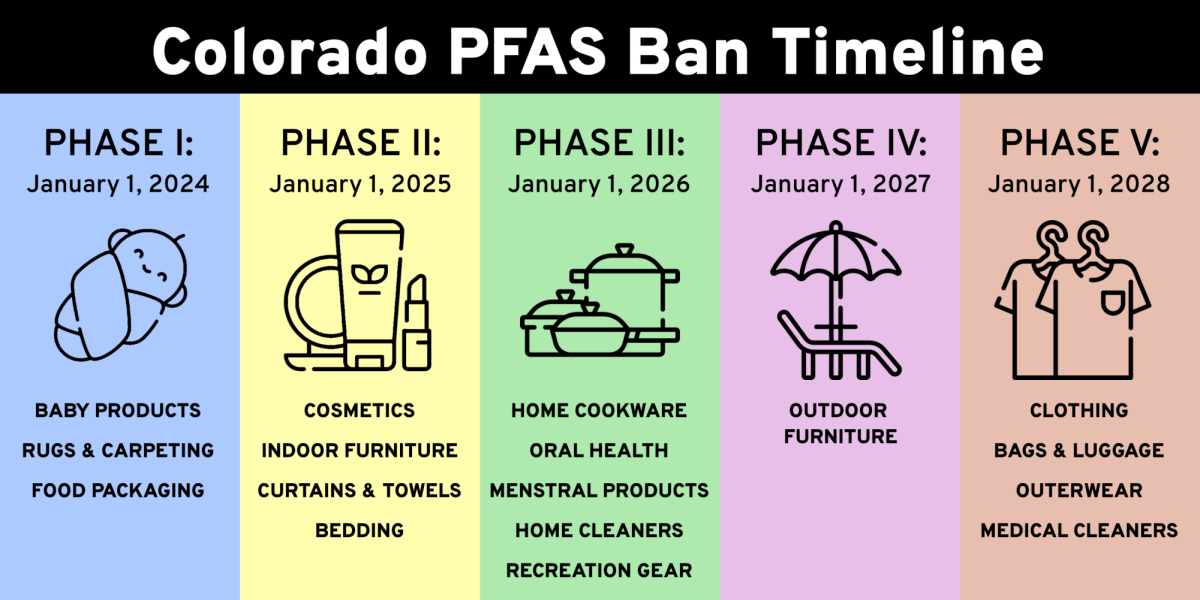
This year’s ban will impact teens the most across the categories of waterproof makeups, sunscreens, lip balm, shaving creams, moisterizers, toners, shampoos for curly hair, conditioners, detanglers, face masks, makeup removal wipes, and blonde hair dye. Gillette, Paul Mitchell, Estee Lauder, Bare Minerals, Georgio Armani, Urban Decay, Lip Smackers, Covergirl, Marc Anthony, L’Oreal, Burt’s Bees, Maybelline New York, Chapstick, E.L.F., Cover FX, Neutrogena, Revlon, Living Proof, Vaseline, Revolution, Almay, Pixi, and Wet ‘n Wild all had some (if not all) of their products test positive for PFAS.
This doesn’t mean these brands will just vanish since all of these companies are phasing out PFAS in their products thanks to not just governmental pressure but industry pressure, as top retailers Ulta and Sephora refuse to sell products with PFAS. For example, Living Proof pulled and replaced all its hair care products earlier last year, and L’Oreal pledged to eliminate PFAS in all their products by the end of 2024, which resulted in most of their Urban Decay line getting new formulas over the past two years. But if that specific shade of eyeshadow, scented lotion, shampoo, or condition disappears in the next few weeks, this might be the reason.
If you want to avoid products with these forever chemicals or other hazards in the products you already have, the Environmental Working Group’s website and app are a great resource.
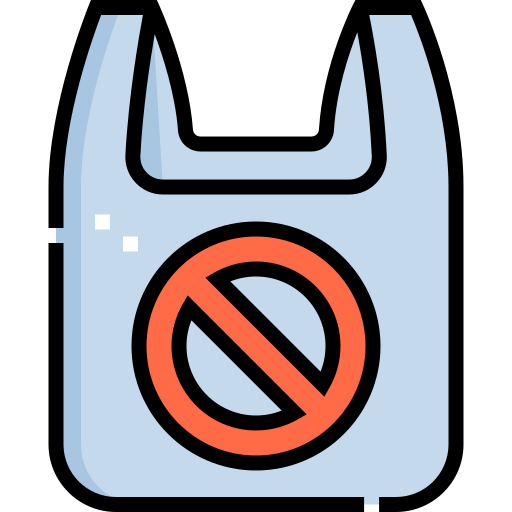 HB21-1162: No more plastic bags in stores (for real this time)
HB21-1162: No more plastic bags in stores (for real this time)
Like the previous entry, this is less of a new law and more of a new part of an old law taking effect. In 2023, Colorado introduced a 10¢ bag fee for all single-use shopping bags, paper and plastic alike, and single-use plastic bags were banned altogether on January 1, 2024. However, the 2024 ban was a soft ban, as retailers had until June to use up their supply of single-use plastic bags and then had a six-month grace period where very little enforcement of the plastic bag law occurred.
That ends in 2025, as Colorado will start levying fines of up to $1,000 per violation.
As California, the largest state economy in the US, has a similar law going into effect today, many large retailers are getting rid of plastic single-use bags entirely: Kroger has already removed bags from many of its King Soopers and City Market locations, and Dick’s Sporting Goods has committed to ditching plastic bags by the end of the year. Target has committed to 100% plastic-free and biodegradable single-use bags by the end of the year, though it remains to be seen if these bags of the future will pass muster with Colorado regulators, and bags derived from corn and ethonol are part of the ban.
Paper bags will still be available for a 10¢ fee per bag and the law doesn’t affect businesses with fewer than three locations or restaurants or with no locations outside of Colorado.
 HB20-1343: Cage-free Eggs Only
HB20-1343: Cage-free Eggs Only
In a move to prevent animal cruelty, both mass-produced eggs coming from Colorado farms and sold to Colorado consumers from out of state must come from cage-free birds, whether they are hens, geese, turkeys, or guinea fowl. The bill defines “cage-free” as allowing hens a large enough space that has at least 1 square foot of floor space for each hen and that a person can easily walk through and have space enough to care for said hens. Hens must have free access to scratch areas, nest boxes, dust bathing areas, and perches in addition to the space described above. As long as there is free movement and enough space, multi-tiered chicken coops and fences dividing flocks into smaller groups are allowed.
While cage-free egg production does raise operating costs for egg producers by around 15%, these costs won’t be passed on to the customer for a little while for the same reason the price of eggs is currently so high: bird flu. The same virus that has killed so many of the state’s chickens (85%) that the price of eggs has more than doubled in three years has also left a lot of empty room in the coup, which means going cage-free isn’t as difficult as it would have been even a year ago. The part of bill requiring a square foot of floor space for each bird also went into effect in 2023, so the most expensive part of the law–creating more space–has already occurred. Still, expect egg prices to keep rising as the bird flu related shortages continue into next year.
This new provision only affects mass-produced eggs, which the bill defines as an operation that has more than 3,000 egg-laying hens or sells fewer than 9,000 eggs in an average week, so your friend with three hens in their backyard won’t need to change a thing. To ensure the law is followed, all egg producers and sellers must have a certificate of compliance and label the products as “cage-free.”
All images come from Freepik.com unless otherwise indicated.

